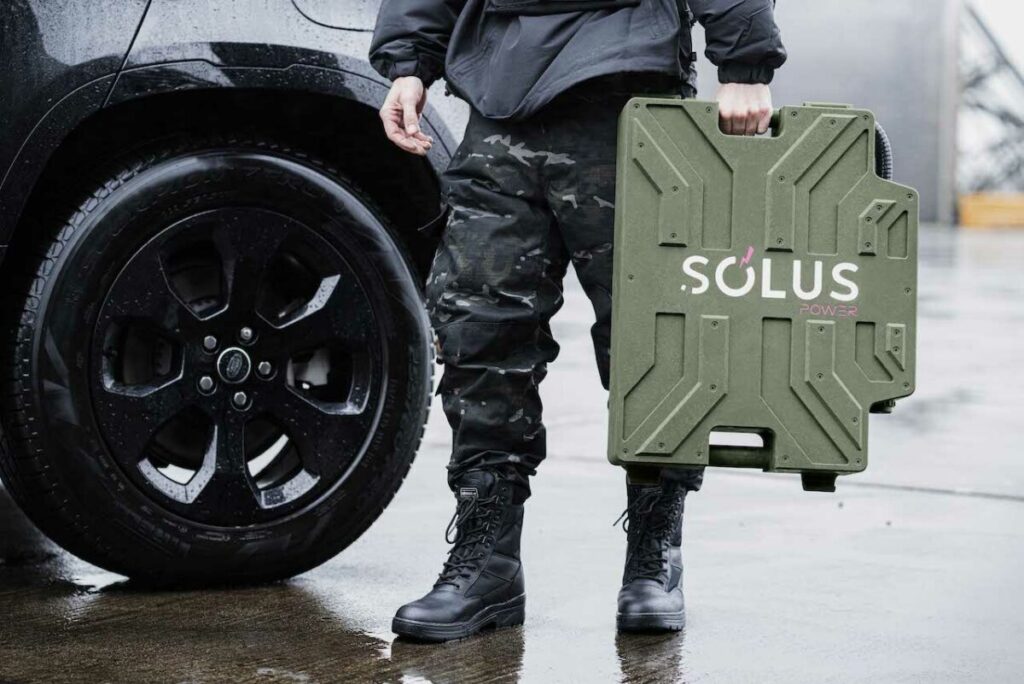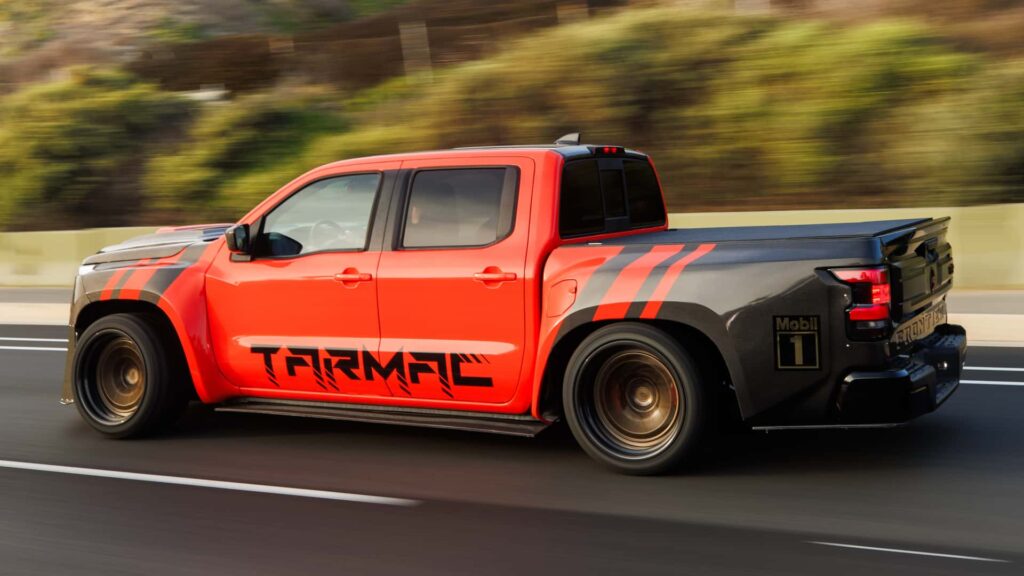Solus Power believes a charging network based on portable batteries can solve range anxiety and infrastructure shortages simultaneously. By Will Girling
The importance of adequate charging infrastructure for taking electric vehicles (EVs) into the mainstream has been apparent for a long time. In the 2024 edition of EY Mobility’s Annual Global Mobility Consumer Index, 27% of prospective EV purchasers surveyed cited lack of charging infrastructure as their main concern about ownership. This was the largest single factor, followed closely by range (26%) and charging speed (23%).
Despite this, progress in achieving parity between charger rollout and EV sales is mixed. Roland Berger’s 2024 EV Charging Index notes that China has led the world since 2021 and generally improved the readiness, accessibility, and functionality of its network each year. Meanwhile progress among its closest competitors—Germany, the US, and the Netherlands—has either stagnated or decreased. The US government in particular has been criticised for its slow deployment despite providing billions of dollars in grants to stimulate development.
Back in 2020, Stas Leonidou, Founder and Chief Executive of UK-based Solus Power, posited both that EV sales would be constrained by lack of chargers and that electric grids might not be able to handle the added strain. He tells Automotive World: “The idea came to me that instead of always taking EVs to chargers, why not bring the energy to EVs directly?” Leonidou subsequently founded the company in 2021 to develop an electric equivalent of the ubiquitous jerrycan.
Portable power
The resulting product—the Kratos—is a portable lithium-ion battery roughly the size of a small briefcase and weighing less than 25kg. Nonetheless, Leonidou states that each unit is robust enough “to be driven over by a Land Rover.” Each Kratos has a capacity of around 6kWh and is designed to be modular, allowing several packs to be connected in series and parallel up to 80kWh. Solus Power claims that the latter configuration can provide a 400V architecture EV with 190 miles of charge in ten to 15 minutes.
In April 2024, Solus Power brought its idea to multinational defence technology company QinetiQ, and the two signed a memorandum of understanding to develop the concept. Several companies in the defence sector are already exploring e-mobility from a tactical, environmental, and supply chain security perspective. “The British Army and Ministry of Defence have their own net zero targets, but they also need to be less reliant on adversaries for sources of energy like diesel,” explains Leonidou.
Solus Power also has commercial and mass market applications in mind. May 2024 saw the company secure an unspecified amount from US investment firm Marbanc International with a view to solving “one of the key detractors of EVs in their current form.” Two months later, Dubai-based Petra Equity Partners provided US$28m to help accelerate that mission. The Kratos is scheduled to become available in the UK later in 2024, with global rollout to follow soon afterwards.
Solving charging challenges
Leonidou informs Automotive World that many “pinch points” are becoming apparent as fleets around the world switch to EVs. Car rental services, for example, must essentially change their operating paradigm to factor in a returned vehicle’s optimal state of charge for a fast turnaround. While customers who leave EVs undercharged could be penalised to cover a business’ energy costs, car rental locations like airports might not necessarily have the technology, resources, or infrastructure to effectively manage recharging large fleets.
“Questions arise as to who puts in the capital to build that infrastructure,” he says. “Even after that’s been decided, the substation might then need upgrading to handle the added load caused by charging.” By bringing energy to vehicles with a portable battery, Solus Power believes it can help maximise existing infrastructure and mitigate the need for substantial upfront investment that could disincentivise EV adoption. In this way, fleet operators can sidestep the chicken-and-egg conundrum that has hindered electrification in many markets.
“The world isn’t properly set up for EVs yet. We need to utilise the energy we have instead of starting from scratch,” states Leonidou. As such, he suggests battery tech like the Kratos can play a wider role in growing both e-mobility and the clean energy market. “When it comes to renewables, we can’t control when the sun shines or the wind blows. Batteries are going to become an integral part of national infrastructure; the ability to store and move energy easily will be integral to the way we live.”
This principle is particularly relevant to growing the private EV market, especially in large countries with disparate uptake and charger distribution, such as the US. While states like California have more than 100,000 chargers, others like North Dakota have just 62. Furthermore, only five states—Delaware; Washington, DC; Massachusetts; Nevada; and Connecticut—have an optimal EV to charger ratio, according to the 2024 Here-SBD EV Index. By combining portable battery tech with forward-thinking real estate development, there is an opportunity to solve short- and long-term challenges associated with EV charging.
The culture of recharging
Solus Power isn’t alone in observing the potential for external battery solutions. Renewable energy system provider Tual is pursuing a similar idea with lithium-ion batteries that can be temporarily installed in light commercial vehicles. Foreseeing a bright future for portable energy solutions within e-mobility, Leonidou is determined that Solus Power won’t be a one-trick pony: “We’re just at the dawn of this technology; there’s a lot to be done.” He equates the sector’s evolution to phones: once tethered to walls, they are now highly mobile.
Years ago, having the freedom to go anywhere at any time was part of the romance of owning a car. The industry needs to recapture that feeling
One of the company’s products currently in development—Titan—is a significantly larger but still transportable battery providing a source of off-grid power for commercial and military vehicle applications. The ability to charge the unit during off-peak times keeps utility costs low and helps stabilise the grid. An exact spec for the Titan is currently unavailable.
In terms of tying together a charging network based on external batteries, he envisions a subscription-based model where vehicle data is shared with a logistics company. When a subscriber’s EV drops below a certain state of charge, a portable battery could be driven to their location to provide a fast charge on the spot. Leonidou believes this will fit in neatly with new and emerging consumer habits, which increasingly de-emphasise vehicle ownership. “The culture of EV recharging will be fundamentally different to refuelling with gasoline.”
As automakers struggle to make the transition to pure EVs, it’s a culture that might take some time to realise. At the same time, Leonidou concludes that without adequate solutions to the problem of charging, there may not be a transition. “Range anxiety is still one the biggest reasons people aren’t moving over to EVs. Years ago, having the freedom to go anywhere at any time was part of the romance of owning a car. The industry needs to recapture that feeling.”


